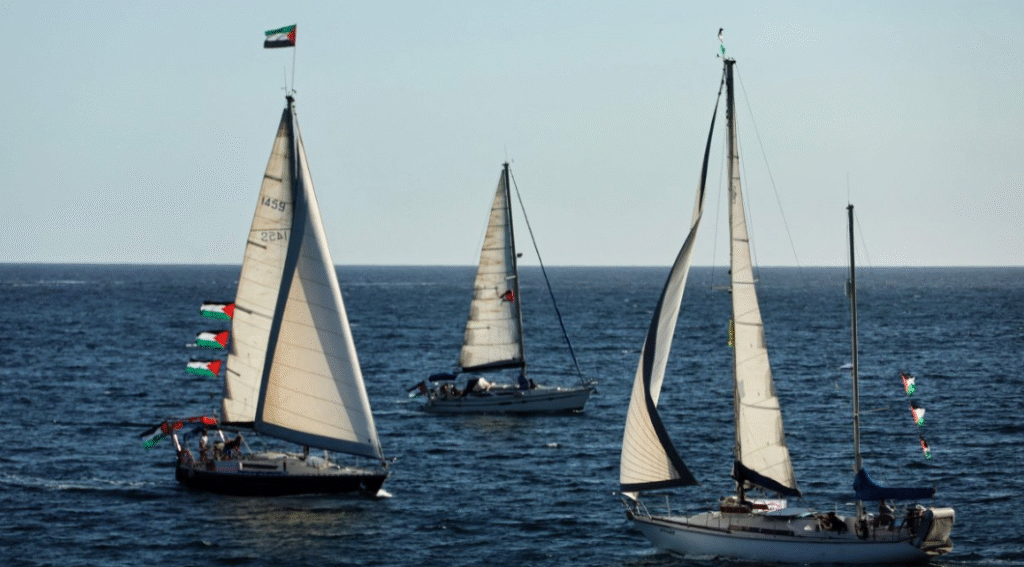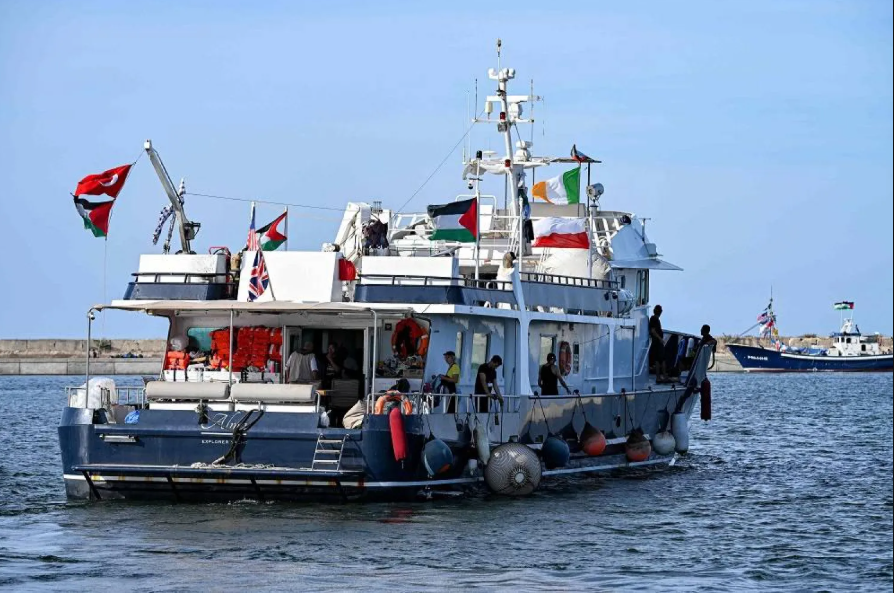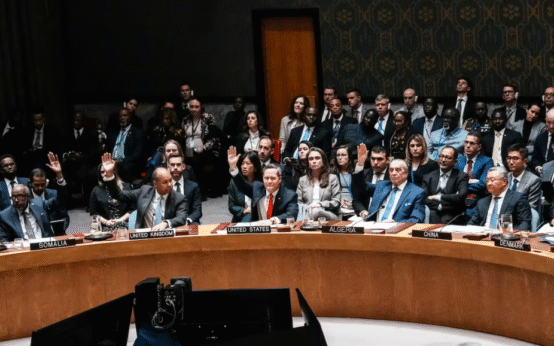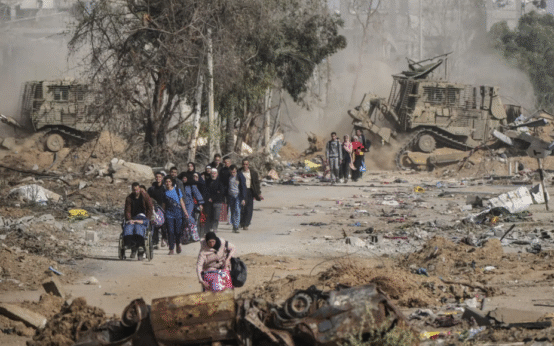An international flotilla known as the Global Sumud Flotilla, comprised of around 50 civilian vessels carrying activists, lawyers, humanitarian supplies, and even Swedish climate campaigner Greta Thunberg, was attacked overnight near Crete. The flotilla reported that at least 12 drones dropped explosive devices on 11 ships, damaging hulls, jamming communications, and disrupting operations. Fortunately, no casualties were reported.
Italy’s Naval Assistance Delicate Gesture of Protection
Italy’s decision to send a naval vessel represents a cautious but symbolic step. The frigate’s mission is not to engage militarily but to offer a protective presence, reassure citizens on board, and provide rescue capability if required. While the flotilla is sailing in international waters, the presence of a state navy ship adds legitimacy and a layer of security for participants.

Italian Prime Minister Giorgia Meloni expressed strong concern over the drone assault but also criticized the flotilla itself as a “dangerous and irresponsible” act one that she argued had diplomatic ramifications. She proposed an alternative Italian authorities offered to transfer the aid cargo to Cyprus and the Latin Patriarchate in Jerusalem, thereby avoiding the dangers of approaching Gaza directly.
Legal and Diplomatic Stakes in the Mediterranean Waters
The flotilla organizers assert they act under humanitarian motives and aim to challenge Israel’s naval blockade of Gaza, which has been in place since 2007. Italy and other European nations now find themselves navigating a complex diplomatic terrain: supporting citizens’ safety and human rights principles while respecting international maritime laws, blockade provisions, and regional tensions.
Italy’s foreign ministry alerted Israel about the naval deployment in advance, insisting that any Israeli response or intervention must comply with legal norms and avoid harm to vessels or people. Italy also demanded Israel guarantee safe navigation and protection of the flotilla.
Broader International Reaction and EU Pressure
The European Commission and many EU member states swiftly condemned the drone attacks as violations of international law. They underscored the right to deliver humanitarian aid and the need to respect freedom of navigation in international waters. Spain, too, joined the response: its government announced it would dispatch a naval vessel to assist the flotilla, emphasizing the safety of its citizens and adherence to maritime norms.
Meanwhile, activists aboard the flotilla remained undeterred. Even after the attacks, they affirmed their intention to continue the mission. Among reported damage was a stun grenade striking the mast of one vessel, tearing the sail, and disrupting radio systems.
Consequences for Israel, Aid Delivery, and Future Flotillas
For Israel, this episode intensifies scrutiny of how enforcement of the blockade intersects with humanitarian rights. Critics argue that drone strikes on aid missions even in international waters risk escalation and harm to civilians. Israel, which has previously described flotillas as political provocations or security threats, has not immediately commented on the recent attack.
For future flotillas, this incident raises the stakes. Organizers must consider security, state backing, and legal recourse more carefully. Some nations may hesitate to allow their citizens to join such missions without clear protection. Yet the Italian naval intervention may set a precedent: showing that states can support citizen-led humanitarian activism on the seas, at least in protective or rescue capacity.


 UN Security Council Endorses Trump’s Gaza Plan, While Hamas Rejects Key Provisions
UN Security Council Endorses Trump’s Gaza Plan, While Hamas Rejects Key Provisions  Trump Announces Gaza Peace Deal Israel Hamas Sign Agreement
Trump Announces Gaza Peace Deal Israel Hamas Sign Agreement  Airstrikes and Gunfire Kill at Least 57 in Gaza as Conflict Deepens
Airstrikes and Gunfire Kill at Least 57 in Gaza as Conflict Deepens  Literature as Resistance Amid the War in Gaza
Literature as Resistance Amid the War in Gaza  UN to Vote on Gaza Solution Without Hamas
UN to Vote on Gaza Solution Without Hamas  Tens of Thousands March in Brussels to Draw Red Line for Gaza
Tens of Thousands March in Brussels to Draw Red Line for Gaza